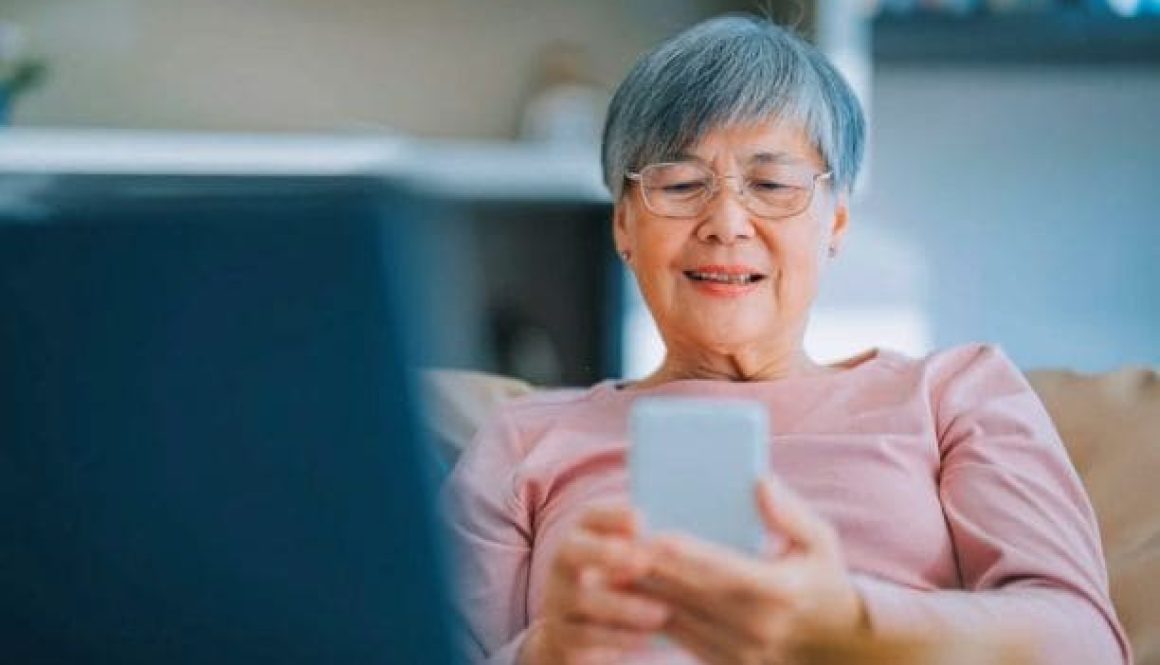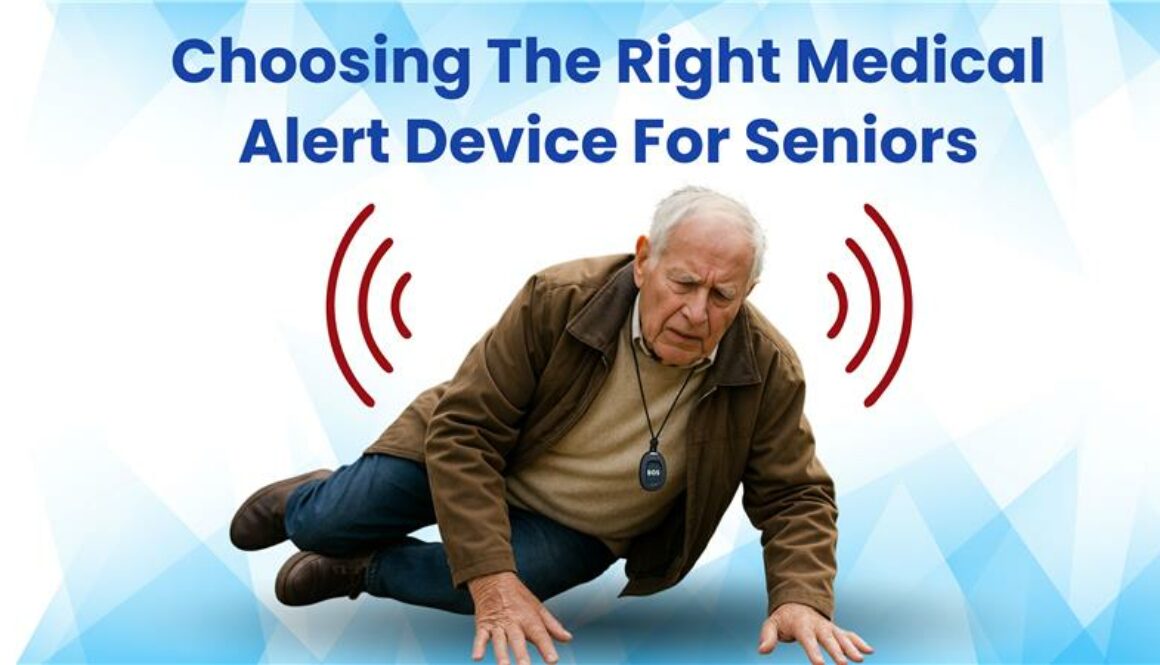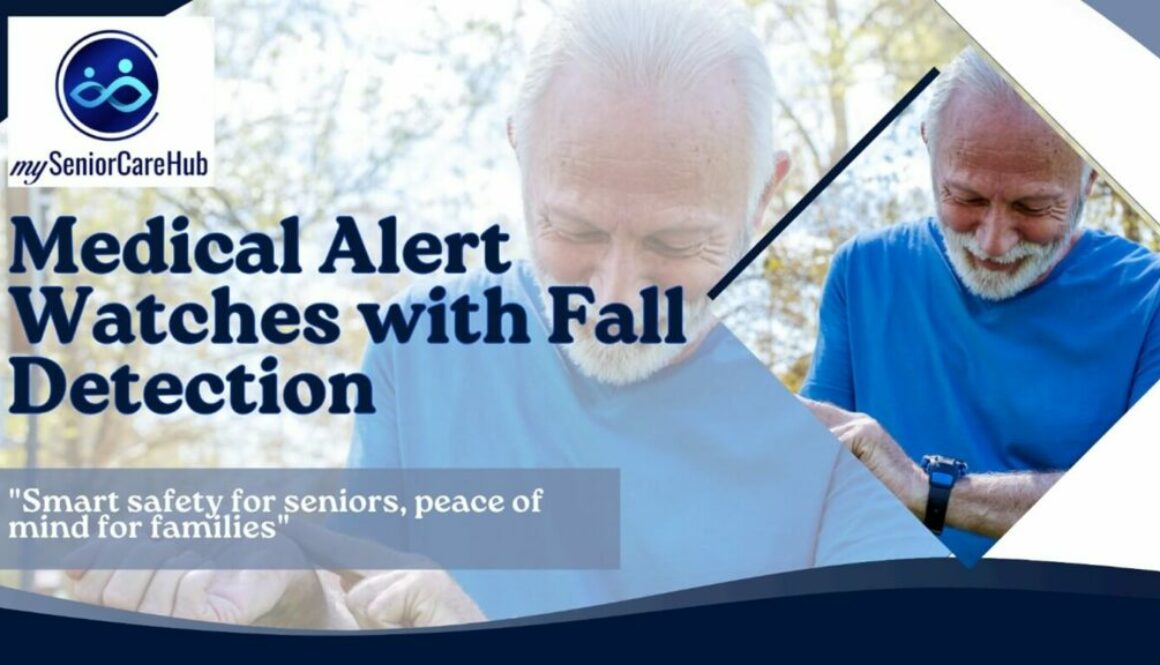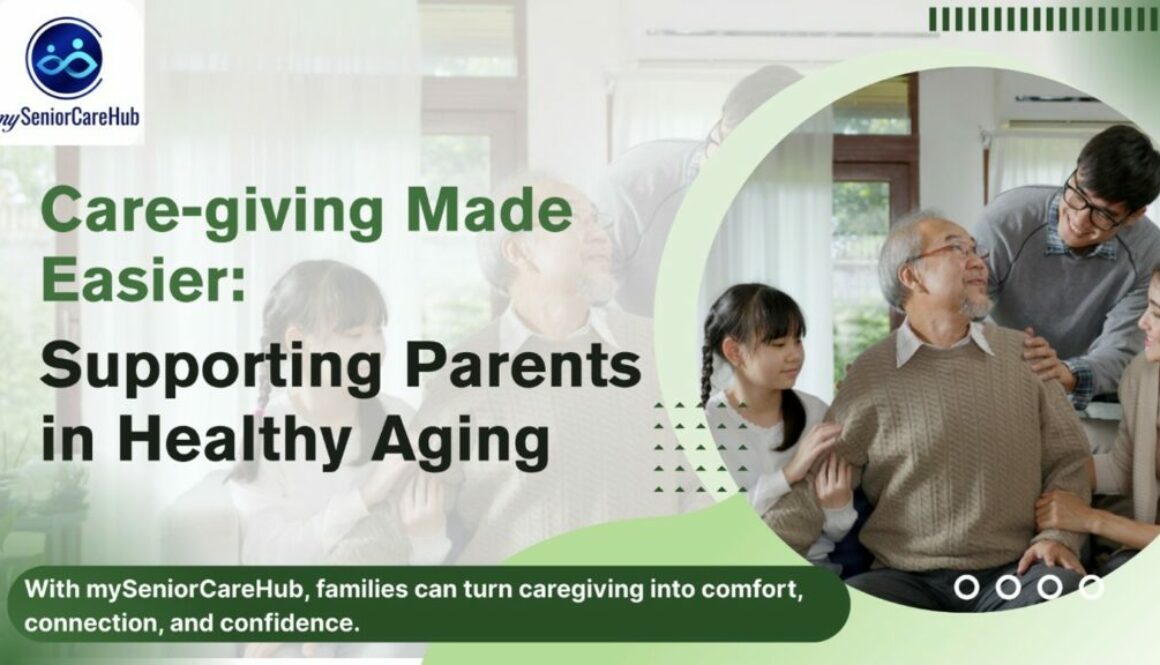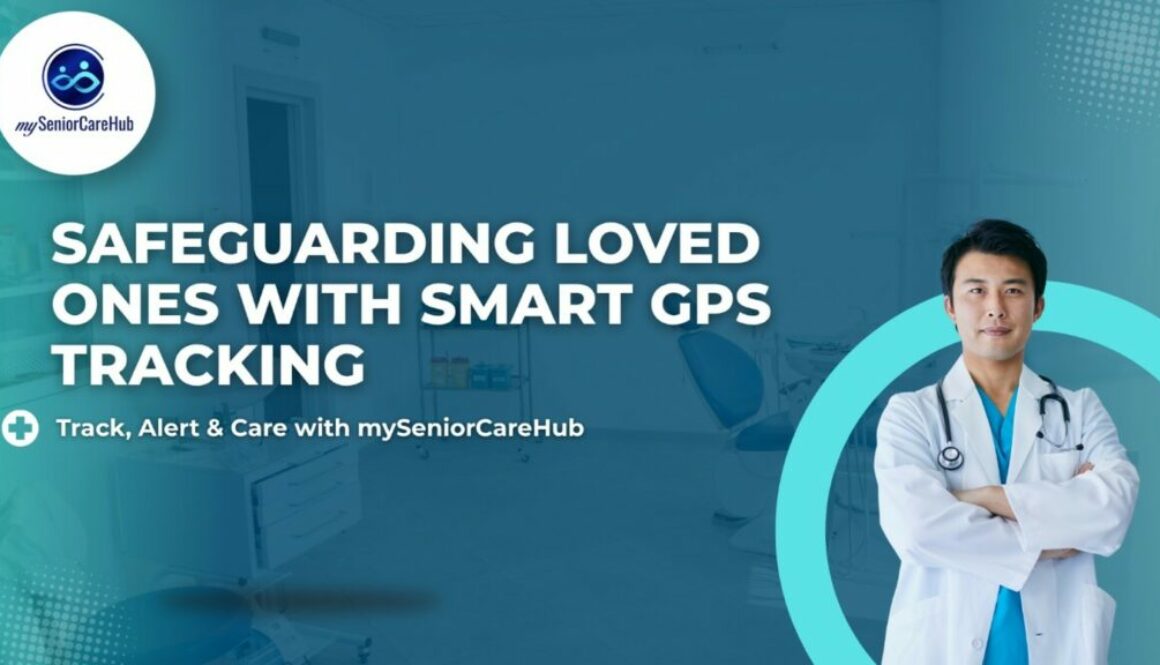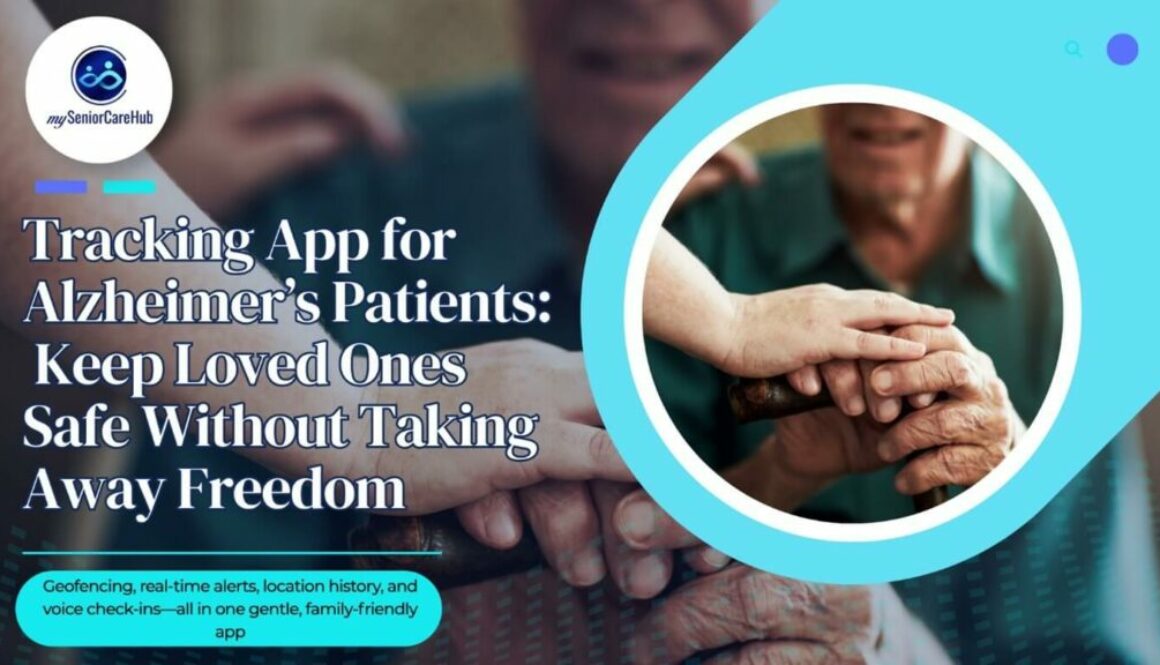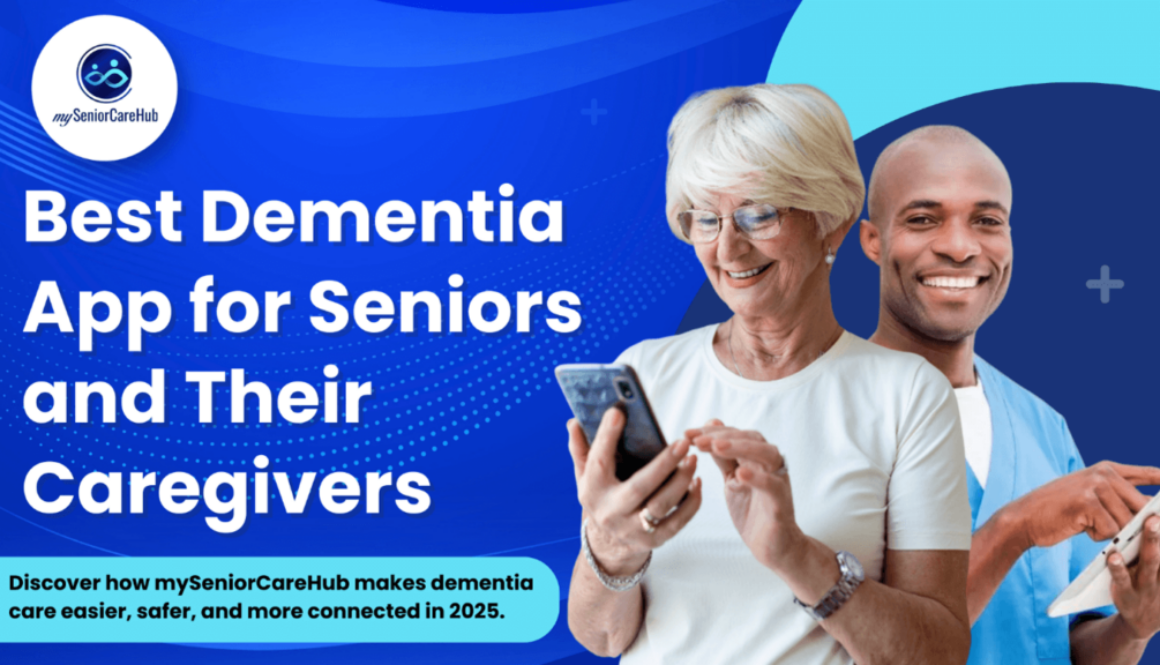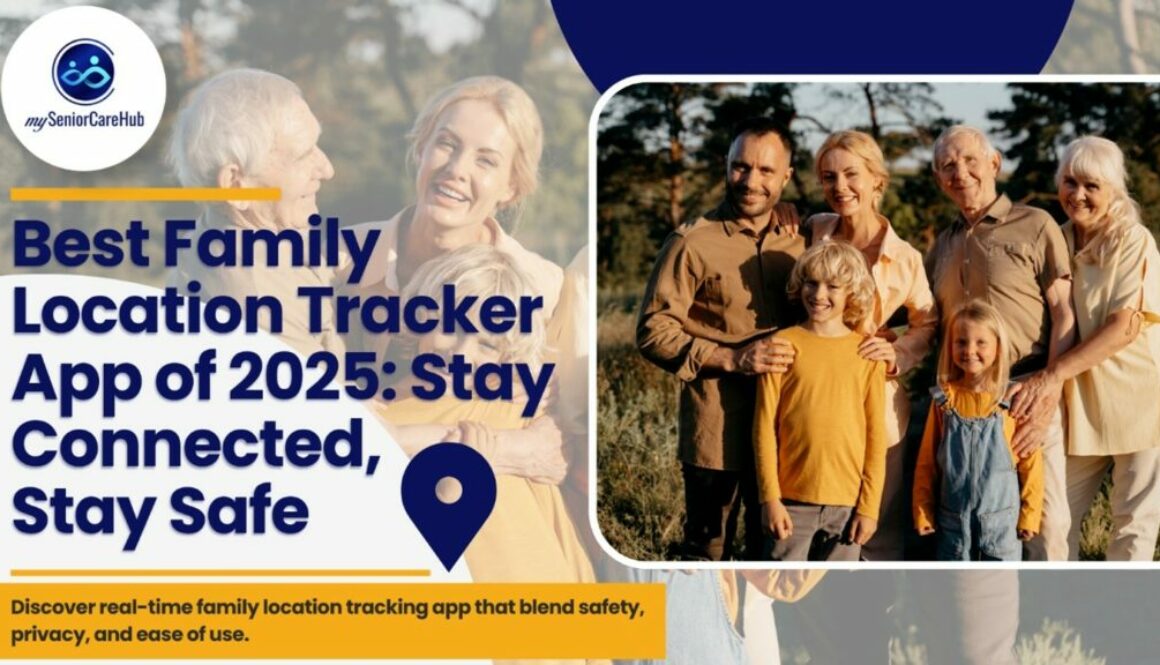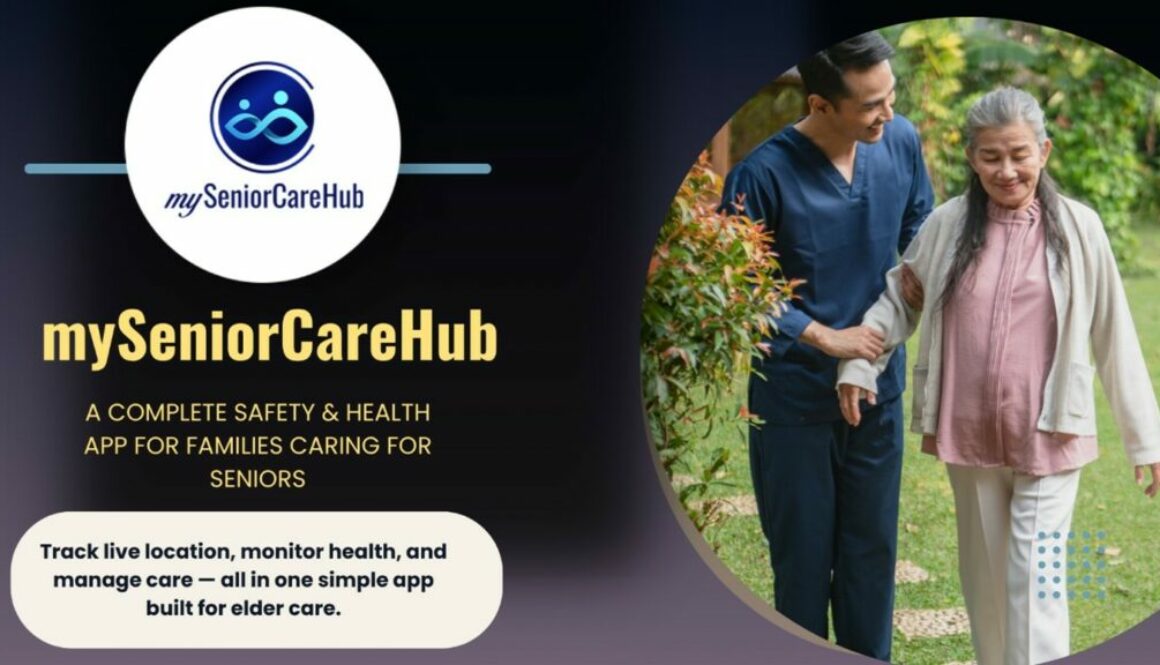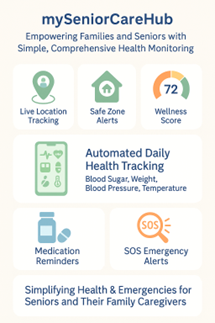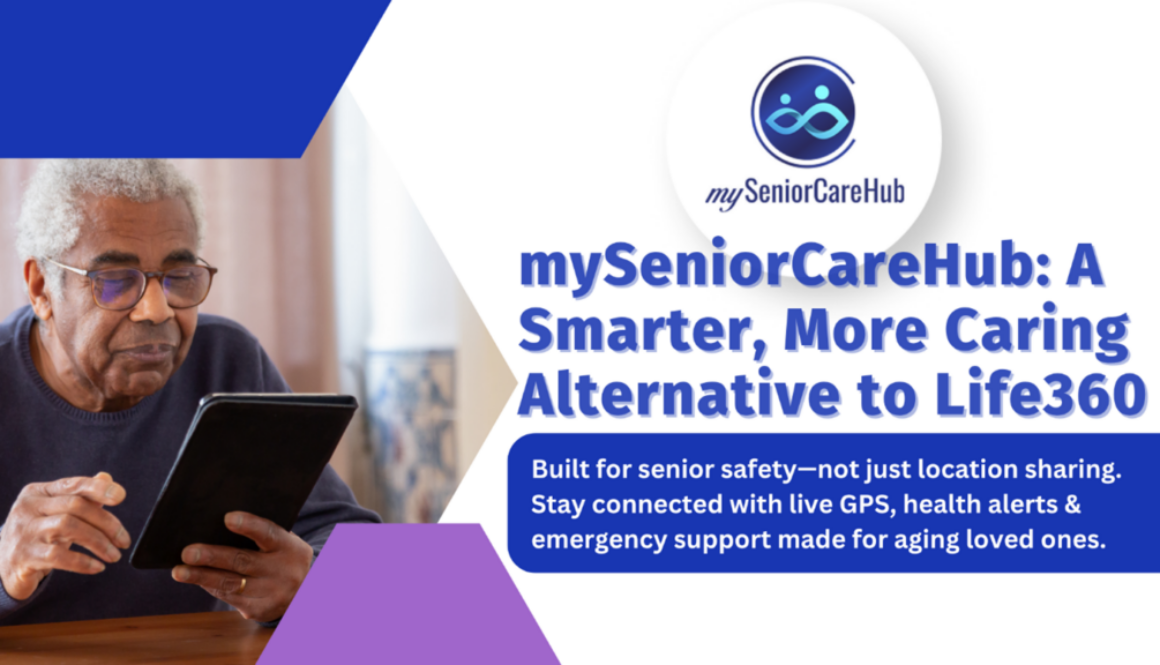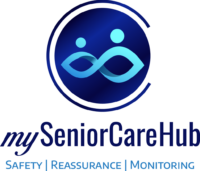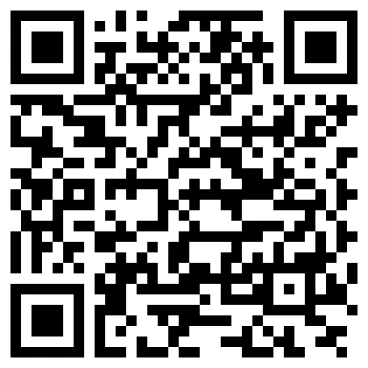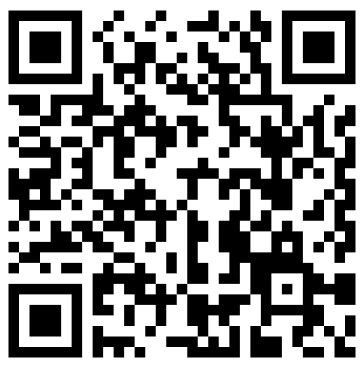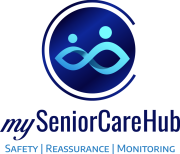Aging Parents Needs a Location Tracking App for Family Safety
As our parents age, the roles often reverse. The people who once kept us safe now require a watchful eye to maintain their own security and independence. In 2026, the “safety net” has gone digital. A location tracking app for family is no longer just for keeping tabs on teenagers; it has become a vital tool for senior care.
Whether it’s managing the early stages of cognitive decline or simply ensuring a quick response after a trip or fall, GPS technology is bridging the gap between autonomy and safety.
Reality of Senior Safety: By the Numbers
The need for a location tracking app for family isn’t just based on anecdotes; it is supported by sobering global health statistics.
- The Wandering Risk: According to the Alzheimer’s Association (2025), roughly 60% of people with dementia will wander at least once. If they aren’t found within 24 hours, up to half of these individuals risk serious injury or death.
- The Fall Factor: The CDC (2026) reports that 1 in 4 seniors falls each year. Many of these falls occur outside the home where immediate help isn’t always available.
- The Golden Hour: For medical emergencies like strokes or cardiac events, the “Golden Hour” is critical. Location tracking reduces emergency response times by providing exact coordinates to first responders.
Why GPS is a Tool for Independence, Not Just Surveillance
Many seniors are hesitant to use tracking because they fear a loss of privacy. However, the right location tracking app for family actually extends independence.
We feel tracking technology allows seniors to have freedom in a safer way. It ensures they can always be found if they don’t return home on time, allowing them to continue solo walks or trips to the market with confidence.
5 Life-Saving Benefits of Location Tracking for Seniors
1. Instant Alerts with Geofencing
Geofencing allows you to set “Safe Zones” around your parents’ home, the local grocery store, or their doctor’s office. If they wander outside these digital boundaries, you receive an instant notification.
2. Emergency SOS Features
Modern apps include a one-touch SOS button. In a moment of confusion or distress, a senior doesn’t need to navigate a contact list; they simply press a button to broadcast their location to the entire family.
3. Fall Detection Integration
Some advanced apps use the smartphone’s internal sensors to detect sudden, high-impact movements. If a fall is detected and the user doesn’t respond, the app automatically alerts the family.
4. Battery Monitoring
A dead phone is a safety hazard. Many family apps now allow you to see your parents’ battery level, so you can remind them to plug in before the device goes dark.
5. Historical Route Tracking
Seeing where a parent has been can help identify patterns of confusion. If they are taking erratic routes to familiar places, it may be an early warning sign of cognitive changes that need a doctor’s attention.
Introducing mySeniorCareHub: Your Partner in Family Safety
While many generic apps offer basic GPS, mySeniorCareHub app is designed specifically for the unique needs of aging adults and their caregivers.
It combines the power of a location tracking app for family with comprehensive health management.
Key Features for Senior Safety:
- Track 360 GPS Tracking: Real-time location sharing with pinpoint accuracy.
- Custom Geofencing: Receive alerts the moment your loved one enters or exits a safe zone.
- One-Tap SOS & Fall Detection: Immediate emergency dispatch that shares both location and recent health vitals with family members.
- Daily Wellness Check-Ins: A simple “I’m OK” button for seniors to start their day, giving you peace of mind without a phone call.
Our mySeniorCareHub app doesn’t just track a dot on a map; it builds a “Circle of Care” around your loved one, integrating medication reminders and vital monitoring alongside GPS safety.
Conclusion: Peace of Mind for the Whole Family
Investing in a location tracking app for family is an act of love. It allows your parents to live life on their terms while giving you the reassurance that you can be there in an instant if something goes wrong.
And if you can’t stop worrying about the “what ifs” and want to start feeling closer to your aging parents.
To stay connected and ensure your parents are safe no matter the distance, check out mySeniorCareHub app to bring your family closer.

